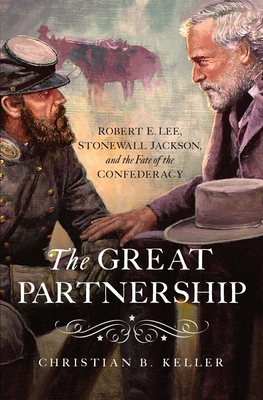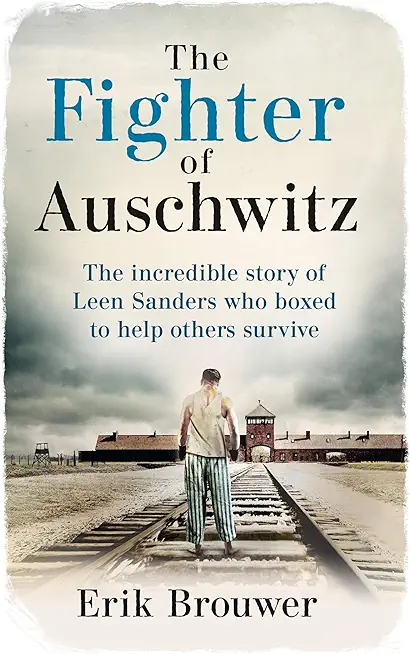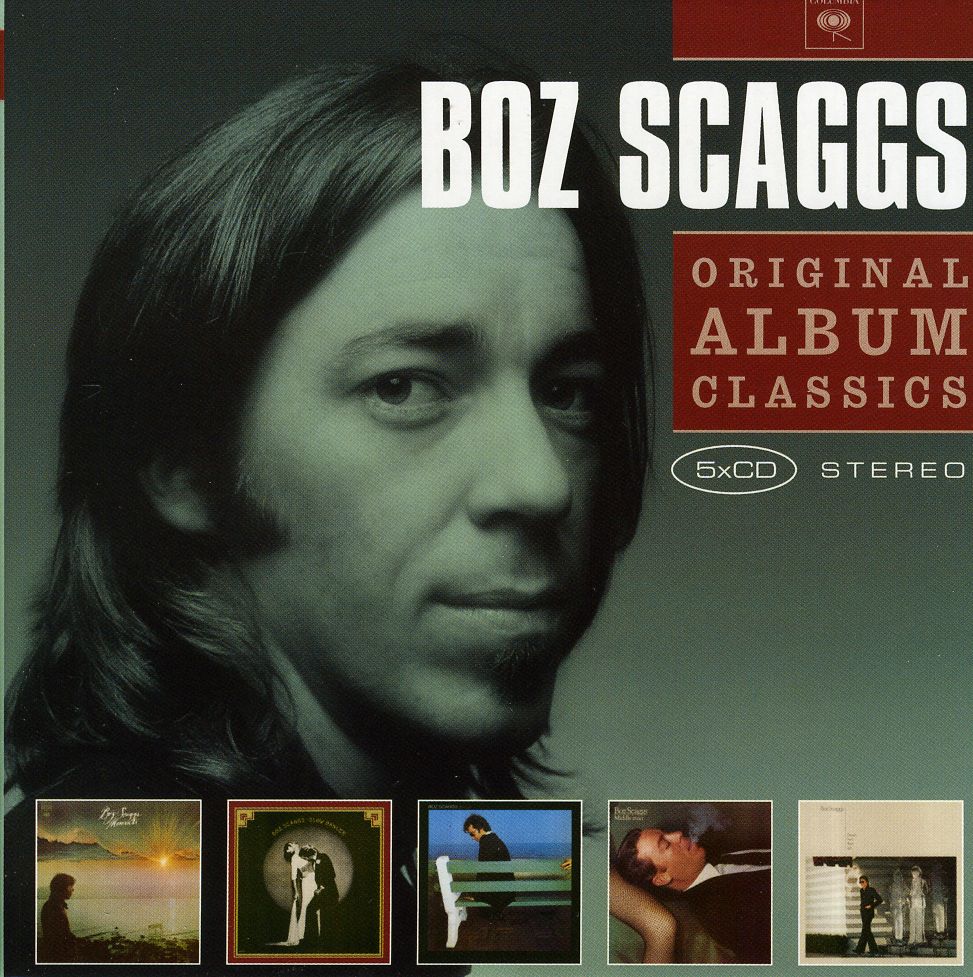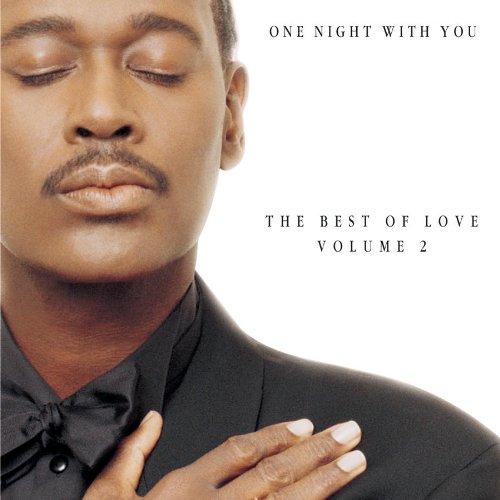
description
ning historian Robert A. Gross comes his long-awaited, immersive journey through Concord in the age of Emerson and Thoreau, The Transcendentalists and Their World. One of The Wall Street Journal's 10 Best Books of 2021 Why Concord? How did a small and seemingly quiet village in the hinterlands of Boston become, by popular reckoning, the birthplace of two revolutions--the American War of Independence that began with shots fired by the local Minutemen, and the American Renaissance of literature and thought that began with the Transcendentalists' challenge to established pieties? In The Transcendentalists and Their World, the distinguished historian Robert A. Gross gives a rich and beautifully detailed account of the town that Ralph Waldo Emerson, Henry David Thoreau, Nathaniel Hawthorne, and the Alcotts called home. Their Concord, he shows, was primed for revolt, and was hardly a sleepy, bucolic place fit only for poets and philosophers. The Transcendentalists and their neighbors lived in an age of transformation. A place of more than two thousand souls in the antebellum era, Concord was a community in ferment, one whose small, ordered society, founded by Puritans and defended by Minutemen, was dramatically unsettled by the expansive forces of capitalism and democracy while the town became more tightly integrated with the wider world. These changes posed a challenge to a society built on inherited institutions and involuntary associations as citizens placed a new premium on autonomy and choice. Concord was ripe for Emerson and Thoreau. The Transcendentalists and Their World is both an intimate journey into the life of a town and a searching cultural study of major American writers as they plumbed the reaches of the universe for spiritual truths--and took stock of the rapidly changing contours of their surroundings. It shows us familiar literary figures alongside their neighbors--white and Black, devout and blasphemous, and situated at every level of the social order--and it reveals how this common life in Concord entered powerfully into their works. No American community has been recovered so richly and located so meaningfully within the larger American story.
member goods
No member items were found under this heading.
notems store
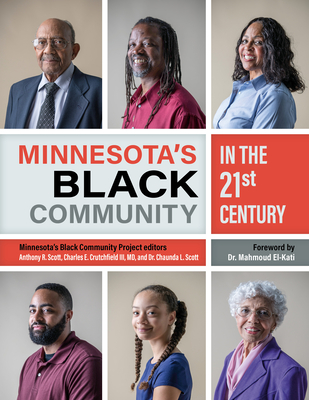
Minnesota's Black Community in the ...
by Minnesota Black Community Project
Hardcover /Hardcover$22.46
listens & views

PICCADILLY SUNSHINE 2: BRITISH POP ...
by PICCADILLY SUNSHINE 2: BRITISH POP PSYCH AND / VAR
COMPACT DISCout of stock
$16.99
Return Policy
All sales are final
Shipping
No special shipping considerations available.
Shipping fees determined at checkout.
